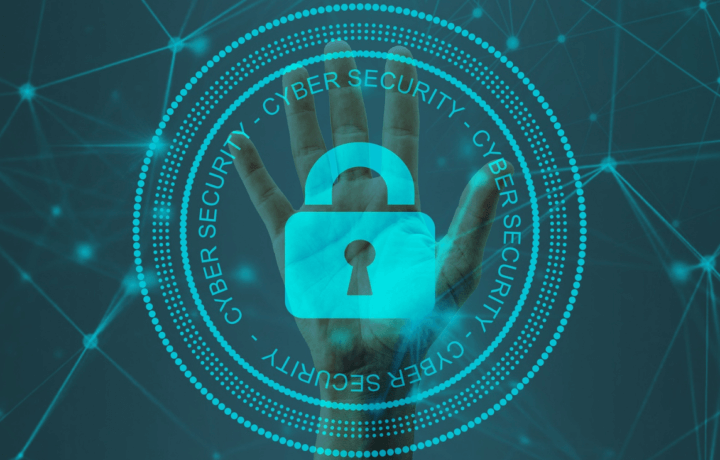Cybersecurity is one of the fastest growing fields. The Bureau of Labor Statistics predicts a job growth of approximately 31% between now and 2029. As fast as this field is growing, the unfilled jobs remain high.
Part of the reason for the shortage is the lack of qualified people to fill these vacancies; 52% of hiring professionals report this as the number one hiring factor. And the ones that are hired into the cybersecurity field, 87% of the workers originally came from fields outside of cybersecurity.
4 Key Certifications to Get Your Foot in the Door
To increase your chances of getting hired into this branch of information security, it can be helpful to improve your cybersecurity skillset with certain certifications. These four are considered the most beneficial.
1. Security +
Applicants for this certification should have already have a Network + certification and two years of experience in IT administration with a focus in security.
Having this certification shows potential employers that you have the knowledge and skills to install and configure systems, networks and devices, perform threat analysis and participate in risk mitigation processes.
Security + is an important certification if you plan on pursuing a job as a:
- Systems Administrator
- Network Administrator
- Security Administrator
- Junior IT Auditor / Penetration Tester
- Security Specialist
- Security Consultant
- Security Engineer
2. CCSP – Cloud Certified Security Professional
To get this certification, you should have at least five years of experience; three of those years working in the information security field and one year working in one of six CCSP domains:
- cloud data security
- architecture and design
- operations
- infrastructure security
- application security
- compliance
This certification is cloud neutral, meaning it does not focus on any one specific cloud platform, but rather cloud security as a whole. CCSP is ideal for those already working in IT and information security but want to pursue a job as:
- Enterprise Architect
- Security Administrator
- Systems Engineer
- Security Architect
- Security Consultant
- Security Engineer
- Security Manager
- Systems Architect
3. OSCP – Offensive Security Certified Professional
Having this industry-recognized certification means you have the knowledge to perform penetration testing and can do so using a methodical approach and write a professional report on your procedures and findings.
This certification differs from most others is that it is a very hands-on with the lab testing portion lasting for 24 hours. Before considering taking the OCSP certification test, you should:
- Have been working cybersecurity for at least two years
- Have completed at least one other certification exam
- Have some experience with Linux
If you are an IT or cybersecurity professional with an eye toward penetration testing, then this is one certification that you must have.
4. CISSP – Certified Information Systems Security Professional
Having this certification shows employers you have what it takes to effectively design, implement, and manage a cybersecurity program. Typically those with a CISSP certification seek jobs as:
- Chief Information Security Officer
- Chief Information Officer
- Director of Security
- IT Director/Manager
- Security Systems Engineer
- Security Analyst
- Security Manager
- Security Auditor
- Security Architect
- Security Consultant
- Network Architect
Plus if you are looking at getting into government service, the CISSP meets the U.S. Department of Defense Directive 8570.1
Upgrade Your Skillset
If information security field interests you, then upgrading your skillset to include cybersecurity may be something to consider. And having any (or all) of these certifications not only makes you more valuable as a job candidate, but it will also greatly increase your starting higher salary when hired.



